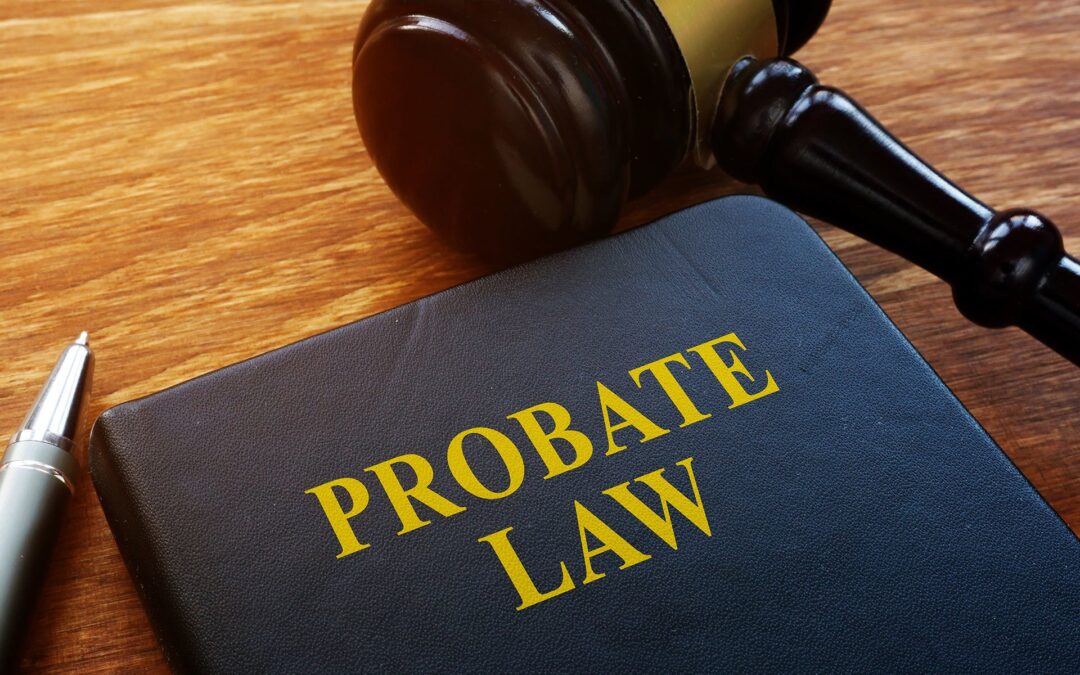Most people have heard that it’s smart to avoid probate court — but many don’t fully understand why. While probate can help ensure a fair distribution of your assets, it can be costly, time-consuming and could compromise your family’s privacy. Here’s what you should know.
Probate Takes Time
Probate courts in the U.S. handle hundreds of thousands of cases every year, but there are several good reasons not to join the crowd. For one, probate can take a long time.
After a loved one passes away, families usually want to settle affairs and distribute assets quickly. Unfortunately, the probate process can drag on for months or even years due to procedural requirements and court backlogs. This can be frustrating for beneficiaries as well as those charged with administering the estate.
Remember, probate is a court-supervised process. That means everything — from gathering assets to paying off debts — must follow legal steps that add time to an already difficult situation.
Probate Can Be Expensive
The probate process is notorious for its associated costs, which can be substantial. Court fees, legal fees, executor fees, and other administrative expenses can quickly erode an estate’s value.
While costs to go through probate court vary by state, typically they are based on a percentage of your assets. That percentage could range from 0.5% to up to 4% in high-probate-cost states. So a $1 million estate may cost $40,000 just to settle, not including fees charged by attorneys, accountants, executors, and appraisers.
Probate Is Public Record
Many people are surprised to learn that probate proceedings are part of the public record. This means that details about your assets, debts, and beneficiaries — along with any disputes or challenges — become accessible to anyone.
If maintaining your family’s privacy is important, probate is not the ideal route. By keeping your estate out of court, you can protect sensitive information and prevent personal matters from becoming public knowledge.
Probate Can Increase the Likelihood of Conflicts
Probate can also lead to legal headaches and family disputes. Disgruntled relatives or creditors may contest the will or dispute asset distribution, or challenge other aspects of the estate. These legal battles can be expensive, emotionally draining, and damaging to family relationships.
This risk is even greater in blended families, where disputes between stepchildren, new spouses, and extended relatives are more common. By using estate planning tools that avoid probate, you can reduce the likelihood of these conflicts and ensure a smoother transition.
How to Avoid Probate
The good news? Probate isn’t inevitable. With the right estate plan, you can minimize or even eliminate the need for court involvement.
One of the most effective ways to avoid probate is by creating a trust. Unlike a will, which typically must go through probate, a trust allows your assets to be transferred directly to your beneficiaries without court supervision. While setting up a trust involves some upfront costs, many families find it well worth the investment for the privacy, speed, and peace of mind it provides.
By working with an experienced estate planning attorney, you can put the right structures in place to protect your family and keep your estate out of probate court. We offer a free consultation for our potential clients. Let’s work together to ensure your estate plan meets your goals.

